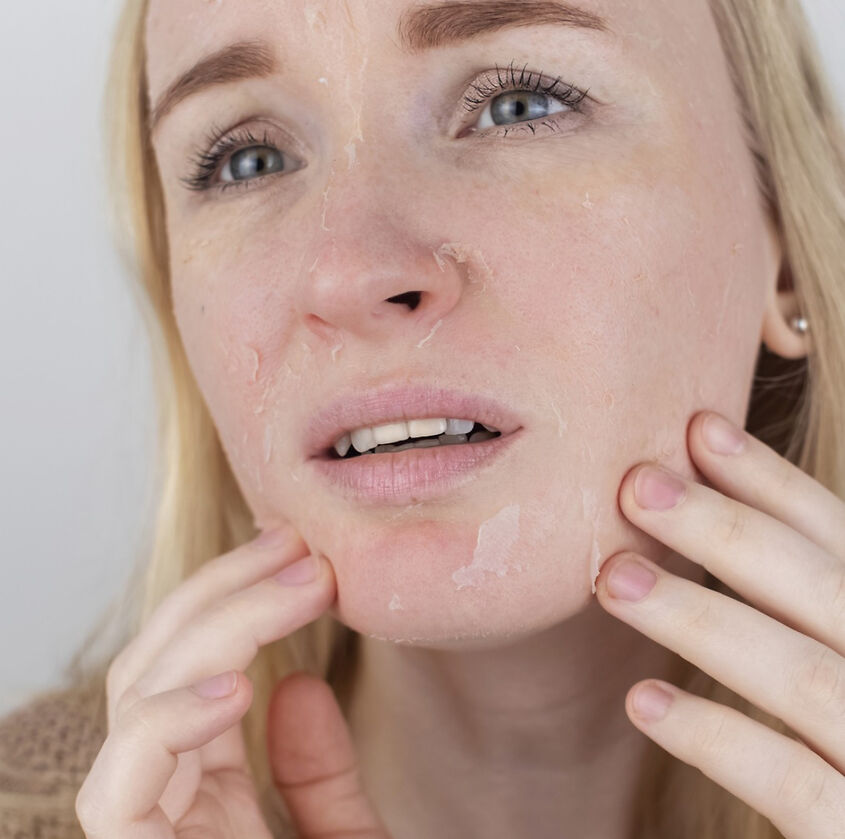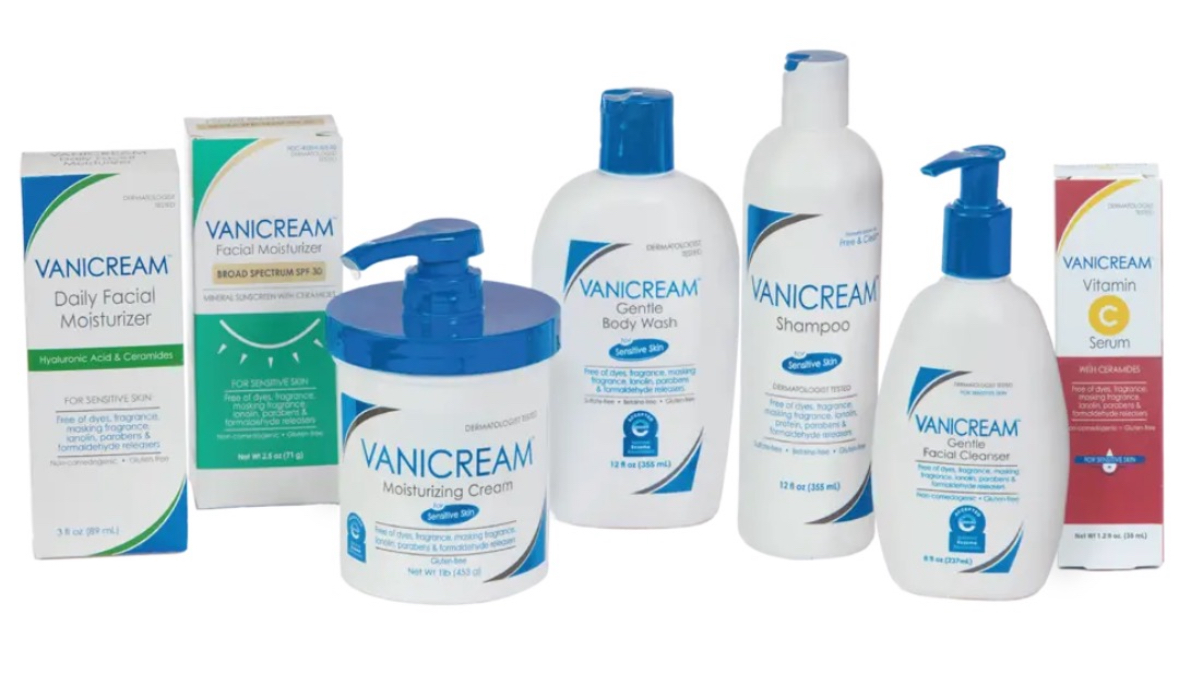 Photo Credit: Courtesy of Dr. Mara Weinstein Velez
Photo Credit: Courtesy of Dr. Mara Weinstein Velez
January symbolizes new beginnings for many; regrettably, it can also signify a challenging start for the skin. Whether your resolutions for 2024 include achieving a radiant transformation or addressing the persistent issue of dryness, fear not – armed with insights from experts like Dr. Mara Weinstein Velez, you can navigate the winter months with resilience. This guide will equip you to survive and flourish, ensuring your skin remains well-hydrated and blissfully content throughout the season.
What is Dry Skin?
Dry skin, medically referred to as xerosis, manifests as a water deficiency in the skin’s outermost layer—the epidermis. Indications of this condition encompass roughness, flakiness, itchiness, redness, and the development of cracks, often worsening after hot showers or swimming. Dermatologists recognize a condition known as Winter Xerosis or Winter Itch, which tends to escalate its effects during the colder months.
 Photo Credit: Courtesy of Dr. Mara Weinstein Velez
Photo Credit: Courtesy of Dr. Mara Weinstein Velez
The Cold Hard Facts: Winter’s Effects on Your Skin
In winter, ambient humidity drops, leading to faster moisture loss from the skin. Icy winds further compromise the skin’s protective barrier, stripping essential oils. These oils, produced by the sebaceous glands, are already reduced during the darker months, exacerbating moisture loss.
The shorter daylight hours impact numerous bodily systems, visibly affecting the skin. Changes in light-dark cycles disrupt circadian rhythms, affecting everything from sebum production to barrier recovery. Hormonal changes during this season also alter skin oil production and trigger acne. Additionally, reduced sunlight diminishes Vitamin D synthesis, which is crucial for skin repair. Despite the cold, protecting your skin from UV radiation is vital. The winter sun, reflecting off snow and ice, can be just as harmful as its summer counterpart.
 Photo Credit: Courtesy of Dr. Mara Weinstein Velez
Photo Credit: Courtesy of Dr. Mara Weinstein Velez
The Many Faces of Dry Skin: From Symptoms to Sources
Dry skin varies, from Winter Itch to eczema (atopic dermatitis), psoriasis, diabetic dermopathy, dermatitis, and hypothyroidism-linked dryness. Allergies exacerbate or trigger dry skin, like allergic contact dermatitis and hives (urticaria). Some allergy medications, particularly antihistamines, also contribute to skin dryness. Another common cause of dry skin is product-induced dryness, often resulting from ingredients like AHAs, BHAs, retinol, benzoyl peroxide, and sulfates, which can strip away natural oils and compromise the skin barrier.
Your genetic makeup and autoimmune conditions can predispose you to dry skin. Genes affect skin structure and function, often evident in family-linked conditions, such as Atopic Dermatitis (Eczema). Autoimmune disorders manifest skin-related symptoms, such as Sjögren’s Syndrome, Systemic Lupus Erythematosus (SLE), and Psoriasis.
Certain medications, like statins, diuretics, antidepressants, nasal decongestants, chemotherapy drugs, beta-blockers, and hormonal birth control, can cause dry skin. If you’re worried about medication-induced dryness, seek guidance from your doctor. It’s not recommended to discontinue medication without professional advice, but effective treatments are available to help manage dry skin.
 Photo Credit: Courtesy of Dr. Mara Weinstein Velez
Photo Credit: Courtesy of Dr. Mara Weinstein Velez
Expert Care for Dry Skin
Dermatologists diagnose dry skin through a comprehensive process involving clinical evaluation, patient history, and, if necessary, additional testing. This evaluation encompasses a thorough assessment of skin appearance, texture, and elasticity. We inquire about your personal and family skin history, bathing habits, diet, medications, and exposure to potential irritants. Subsequently, a personalized treatment plan is meticulously crafted to effectively address your specific skin concerns.
Adopting effective skincare products is pivotal for maintaining healthy skin, particularly in challenging weather conditions. Products based on hyaluronic acid, such as Neutrogena Hydroboost, are highly recommended for their hydrating properties. Ingredients like ceramides and peptides in products like Vanicream reinforce the skin’s natural barrier and improve texture.
 Photo Credit: Courtesy of Dr. Mara Weinstein Velez
Photo Credit: Courtesy of Dr. Mara Weinstein Velez
Beyond at-home skincare, cosmetic dermatology procedures offer advanced solutions. Professional treatments such as chemical peels not only exfoliate and eliminate buildup but also elevate the skin’s capacity to absorb these advantageous products. Combining these skincare products and professional procedures can significantly improve skin health, offering a comprehensive approach to tackling the challenges of different weather conditions.
For more information, visit Dr. Brian A. Levine's social media:

























